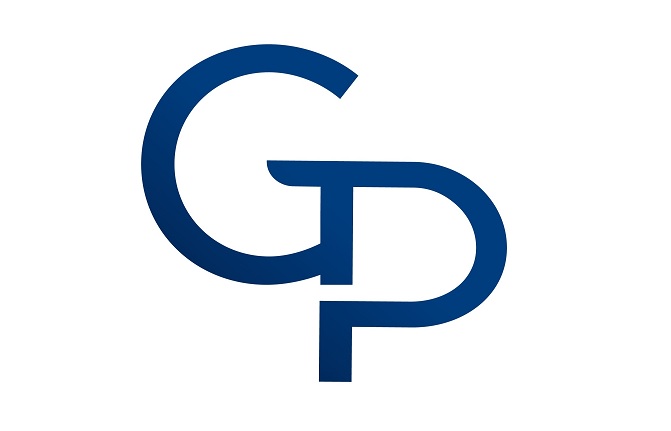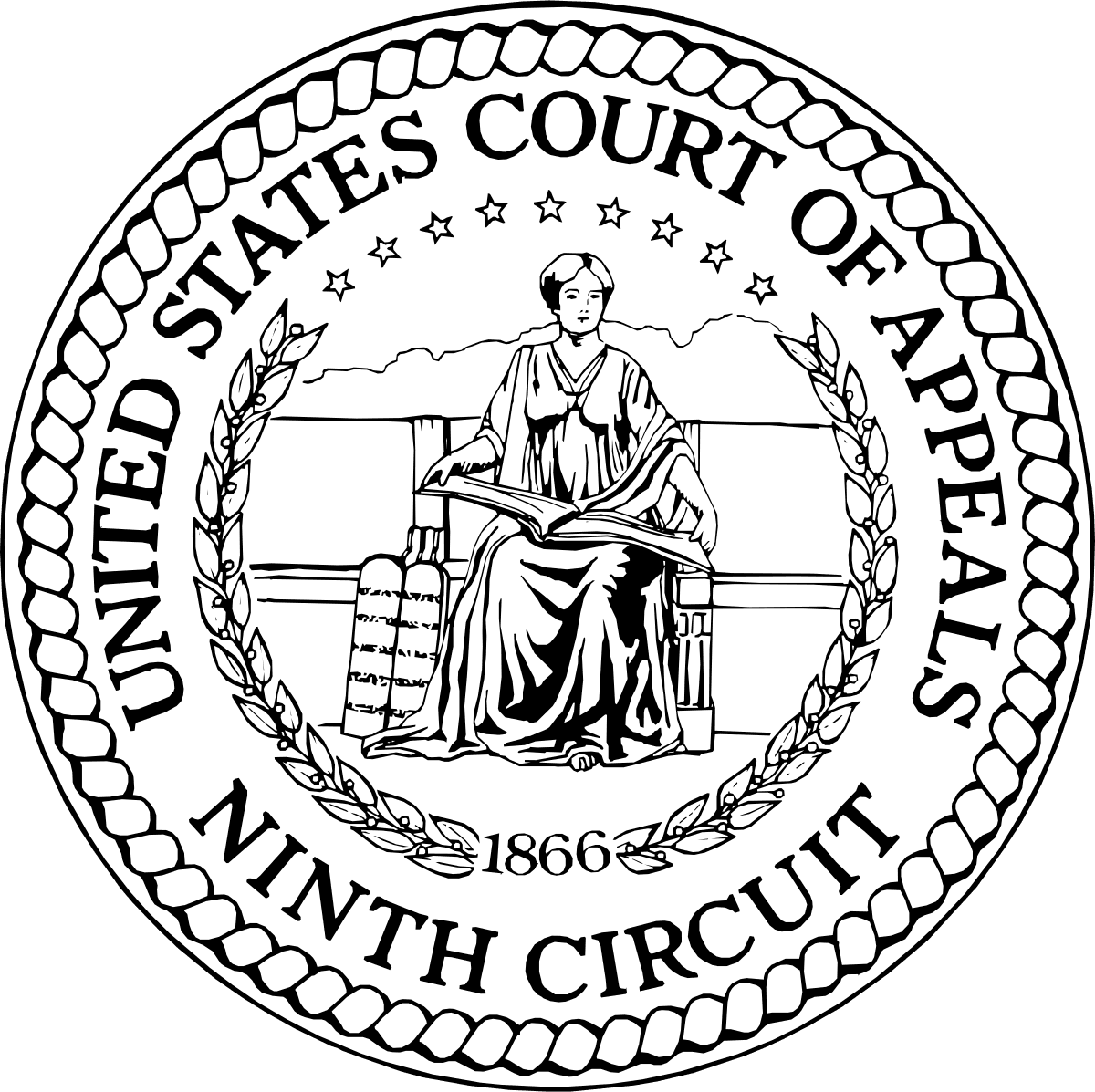Sanctioning regime for Market Abuse: the role of the European Court of Human Right
in Giurisprudenza Penale Web, 2017, 11 – ISSN 2499-846X

È corretto regolamentare l’abuso di informazione privilegiata? Come identificare la corretta linea di demarcazione tra trading strategico e trading dannoso per i mercati finanziari?
Come due facce di una stessa medaglia, insider trading e market abuse hanno due contraddiste visioni correlate ad esse. Interessanti opinioni dottrinali hanno illustrato argomenti a sostegno della non proibizione di tali pratiche, ritenute, anzi, benefiche per garantire un mercato trasparente ed efficiente. Inoltre, si tratta di reati estremamente difficili da provare. Gli effetti prodotti dalla Direttiva 2003/6/CE ed il generale clima di allarme sorto in conseguenza degli scandali finanziari hanno generato un’ondata di criminalizzazione delle condotte integranti abusi di mercato, prevedendo sanzioni che oscillano tra la reclusione e il sequestro dei profitti. La direttiva del 2003 ha imposto agli Stati membri l’onere di adottare esclusivamente sanzioni amministrative, “Senza pregiudicare il diritto degli Stati Membri di imporre sanzioni penali (art. 4)”.
In questo contributo si vuole analizzare il fondamentale impatto della giurisprudenza della Corte Europea dei diritti dell’uomo, prestando particolare attenzione al regime sanzionatorio correlato all’insider trading e market manipulation e il principio del ne bis in idem.
***
Is it fair or unfair regulate the market manipulation? How to find a correct line between harmful trading and strategic trading?
Like the two sides of a coin this practice of insider trading also has two contradicting views attached to it. There have been many strong arguments against the prohibition of insider trading from various economics and legal scholars. In addition, insider trading is an extraordinarily difficult crime to prove. The effect produced by the Directive 2003/6/CE and the widespread climate of alarm raised from the economic crisis and the financial scandals has generated a real wave of criminalization regarding market abuse- criminal sanctions may range from imprisonment to financial penalties and disgorgement of profits. The directive 2003/6/EC compelled the Member States only to provide for administrative sanctions “Without prejudice to the right of Member States to impose criminal sanctions(art.4)”.
In this chapter aims to analyse the fundamental impact of case-law of the European Court of Human Rights on the field of market abuse, with specific focus on the sanctioning regime linked to that and the principle of ne bis in idem.
Come citare il contributo in una bibliografia:
C. Carollo, Sanctioning regime for Market Abuse: the role of the European Court of Human Right, in Giurisprudenza Penale Web, 2017, 11







